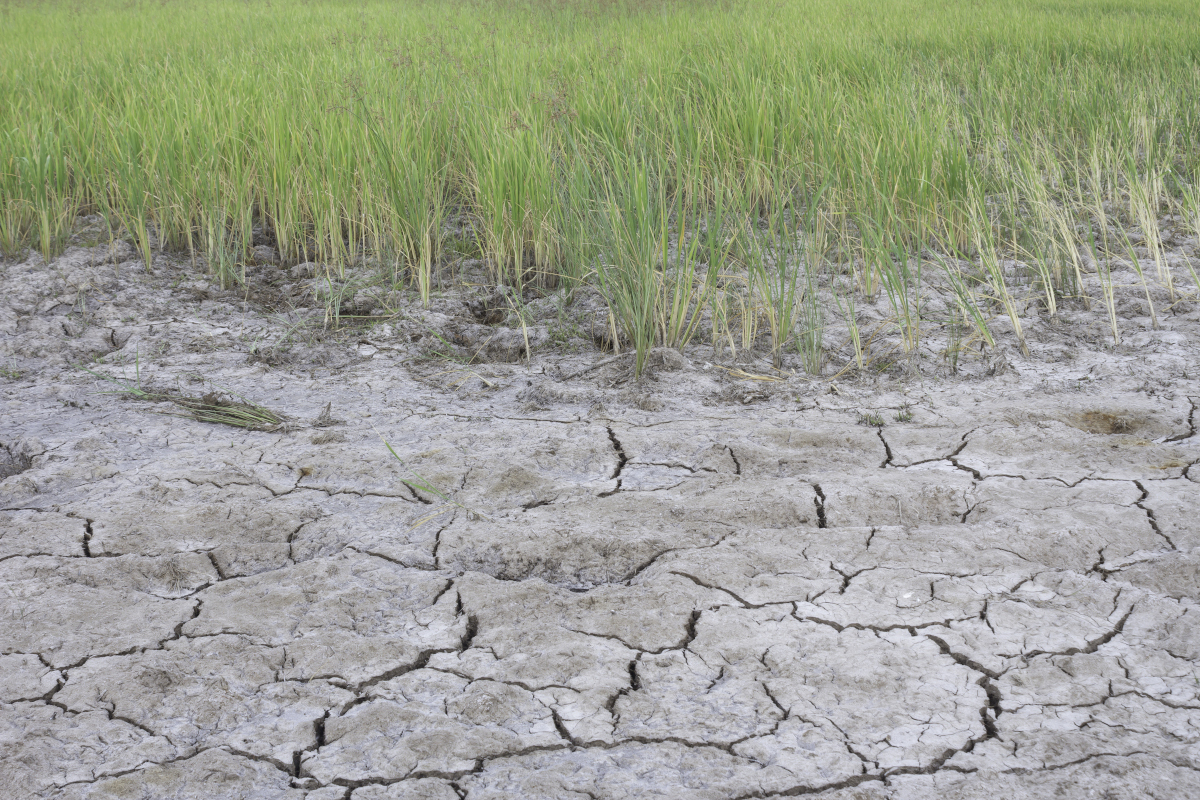
Orchard success hinges on a thriving soil ecosystem. Unfortunately, salt buildup can pose a significant threat, disrupting the delicate balance and compromising fruit quality and yields. Read on for practical strategies to combat salt buildup, optimize soil health, and ensure long-term orchard prosperity.
Understanding Salt Buildup
Salts naturally occur in soil and irrigation water, but excessive accumulation disrupts plant health. This build-up can stem from various sources, including:
- Natural salinity in irrigation water sources.
- Over-fertilization with fertilizers containing soluble salts.
- Poor drainage leading to water stagnation and salt concentration.
- Failure to periodically leach salts from the soil.
Salt accumulation creates a hostile environment for roots, hindering water uptake and nutrient absorption. This translates to stunted growth, lower yields, and susceptibility to diseases and pests.
Assessing Soil Health and Salt Levels
The first step toward combating salt buildup is understanding your soil's current state. A comprehensive soil test will reveal:
- Nutrient levels: Identifying deficiencies or imbalances impacting salt tolerance.
- Soil pH: Optimal pH balances promote soil structure and nutrient availability, counteracting salt stress.
- Organic matter content: Humus-rich soil improves water infiltration and drainage, reducing salt accumulation.
- Electrical conductivity (EC): This measurement directly indicates soil salinity levels.
Once armed with this data, you can tailor your approach to effectively manage salt buildup.
Preventing Salt Buildup with the Right Sprinklers
One of the most effective ways to mitigate salt buildup and foster a healthy soil environment is salt leaching. Imagine your orchard soil like a sponge saturated with salt. Over time, this salinity can suffocate roots, limiting nutrient uptake and hindering growth. But there's a way to squeeze out the unwanted salt and refresh the sponge: leaching.
Think of leaching as a deep cleanse for your soil. By applying low-salinity water in controlled amounts, you create a pressure gradient within the soil profile. This gradient pushes the concentrated salt solution away from the roots, deeper into the soil where it poses less threat. It's like flushing accumulated grime from a faucet, only on a much larger scale.
Of course, not all irrigation is created equal when it comes to leaching. For the most effective results, you need slow, uniform watering that saturates the soil profile deeply and efficiently. Enter our Rotator® full coverage sprinkler systems.
Unlike drip irrigation systems that can create uneven wet and dry soil profiles separated by salt barriers, Rotator® systems deliver water evenly across the entire orchard floor. This gentle, uniform distribution mimics natural rainfall, allowing water to infiltrate deeply and distribute evenly throughout the soil. This deeper penetration creates a larger "flushing zone" for salt, pushing it farther down the profile without creating uneven salt barriers within the soil profile.
Rotator® sprinklers also minimize evaporation and wind drift, reducing water waste and ensuring every drop reaches its targeted area. This efficient water use makes leaching more sustainable and cost-effective, allowing you to combat salinity without jeopardizing your water resources.
Other proven strategies that can help mitigate salt buildup in the soil include:
- Irrigation Scheduling: Timing matters. Knowing how much to water and when can help the equation.
- Drainage improvements: Consider raised beds or drainage ditches in areas with poor natural drainage.
- Cover crops: Diverse cover crops with varying root depths help break up compacted soil and improve drainage. These plants can also extract excess salts from the soil and release beneficial nutrients like organic matter.
- Organic amendments: Adding compost, manure, or biochar enriches soil with organic matter, improving soil structure and water-holding capacity. This enhanced absorption dilutes salt concentration and supports beneficial microbial activity.
- Salt-tolerant rootstocks: Grafting your fruit trees onto salt-tolerant rootstocks can significantly enhance their ability to withstand salinity stress.
Investing in the Future: Sustainable Orchard Management
Combatting salt buildup and promoting soil health is not just about immediate yields; it's about securing your orchard's long-term future. By implementing these strategies, you cultivate a resilient ecosystem that:
- Improves plant health and fruit quality, leading to higher yields and market value.
- Reduces reliance on chemical fertilizers and pesticides, promoting a more sustainable and environmentally friendly orchard.
- Preserves soil fertility and structure for future generations of fruit trees.
Partnering for Success: Nelson Irrigation at Your Side
Nelson Irrigation understands the crucial role of healthy soil in sustainable orchard success. Our Rotator® sprinkler systems are specifically designed to work in harmony with nature, delivering gentle, uniform watering that promotes deep infiltration and efficient salt leaching. This helps mitigate salt buildup while optimizing water use and resource conservation.
Find your Nelson Territory Representative to explore how our innovative irrigation solutions can empower you to combat salt buildup, cultivate healthy soil, and secure your orchard's long-term prosperity.
